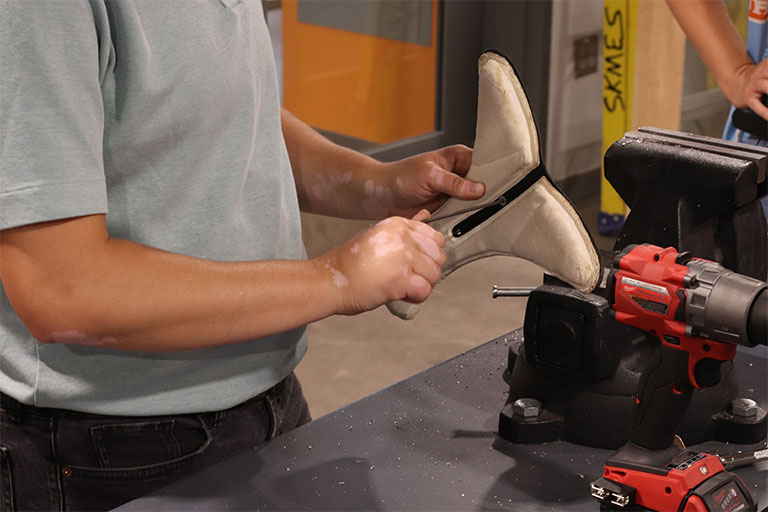UT College of Music sees rise in retention rates
Originally posted in the Daily Beacon, written by Samantha Whitley
The Natalie L. Haslam College of Music is one of the few independent music colleges in the United States and is recognized as the fourth college at the University of Tennessee to be named after someone in 230 years.
Even as a new college, the College of Music has recorded exceptional retention rates, reaching 100% last year and 90.3% this year. The addition of this college was necessary as music has deep roots in Tennessee.
Alissa Galyon, director of marketing and communications, spoke on the upgrade on the College of Music.
“As the flagship university of the state, our university leadership recognized the value and importance of elevating the former School of Music to a College of Music,” Gaylon said. “As a college, we have more autonomy and are empowered to have more of an impact on the ever-evolving music economy.”
Several factors contributed to the increase in retention rates within the college, including the dedication to creating a supportive community, enhancing academic resources and broadening the curriculum.
Sara Carroll, director of admissions and student success, spoke on more strategies that contributed to improving retention outcomes.
“We completely revamped our summer orientation program and now offer a first-year studies course specifically for our music majors, ensuring our incoming freshmen are set up for success early in their academic journeys,” Carroll said. “We’ve offered resources like our college peer-learning and tutoring center and started a collaboration with the university’s Academic Coaching Services.”
The College of Music will continue to expand in the future by connecting with campus partners, including the College of Emerging and Collaborative Studies, Pellissippi State Community College, Haslam College of Business and the College of Communication and Information.
“We plan for more partnerships to continue to expand our offerings as a college, as well as continue to offer our students premier experiences working with famous artists, ensembles and leaders in the field,” Brendan McConville, associate dean for faculty and academic affairs, said.
Students in the College of Music equipped with these resources and partnerships are only set up for success in the real world — Knoxville has several opportunities waiting for those students to take advantage of. Jenny Cross, assistant director for student engagement, spoke on what Knoxville has to offer.
“Knoxville has a vibrant music community at the University of Tennessee and beyond,” Cross said. “There are multiple music venues all throughout Knox County and neighboring communities, with a high concentration in the historic downtown area.”
Cross also stated that notable music and arts festivals like Big Ears and the Rossini Festival attract attendees from both local and global communities. The need for music professionals, particularly in the digital space, is on the rise.
As the music industry in Knoxville evolves, the curriculum within the College of Music is updated to reflect these shifts. McConville spoke on how the college is preparing students for the competitive music industry.
“Our faculty is doing a remarkable job shaping our academic programs and courses to focus on relevant and competitive skills for students’ future careers,” McConville said. “Through our partnered programs with other colleges, we are offering education and experience in AI, data science, music technology, non-profit startups, music business, interdisciplinary courses and more.”
